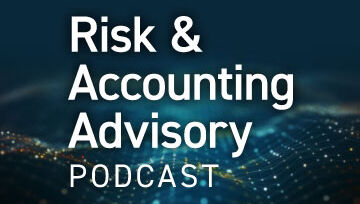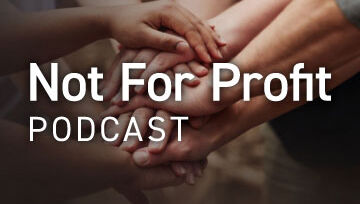The Financial Accounting Standards Board (FASB) actively engages with stakeholders to monitor implementation of Accounting Standards Codification ASC Topic 842, Leases (ASC 842). As part of its review, FASB recognized that implementing ASC 842 has been challenging for entities related to leases under common control arrangements. FASB recently voted to approve an update to ASC 842.
Under ASC 842, entities determine whether a related-party arrangement between entities under common control is a lease, based on the legally enforceable terms and conditions. Stakeholders communicated to the FASB that determining the enforceable rights and obligations in an arrangement between parties under common control can be difficult and costly. The update also addressed questions related to leasehold improvements associated with common control leases.
The recent FASB vote clarified (1) when private entities can look solely to written terms and conditions without considering legal enforceability in applying ASC 842 to arrangements between entities under common control, and (2) how lessees (public or private entities) should account for leasehold improvements related to common control leases. The new expedient permits private entities to use written terms and conditions between the parties, without regard to their legal enforceability to identify, classify and account for common control leases.
The update requires lessees in both public and private entities to amortize leasehold improvements related to a common control lease over their useful life to the common control group, regardless of the ASC 842 lease term, if they continue to control the use of the underlying leased asset. If the lessor obtained the underlying asset through a lease with another entity not within the same common control group, the amortization period may not exceed the lease term associated with the lessor’s lease with the other entity. The update requires public and private entities to account for leasehold improvements associated with common control as a transfer between entities under common control through an adjustment to equity (or net assets for not-for-profit entities) if, and when, the lessee no longer controls the use of the underlying asset. A lessee must disclose information about leases in which the useful life of the leasehold improvements to the common control group is longer than the lease term.
FASB expects to issue the final updated ASU by end of March 2023, which will go into effect for fiscal years beginning after December 15, 2023, interim periods within those fiscal years and with early application permitted.
How We Can Help
Do you need help with ASC 482 implementation or have questions on how this may impact your business? Reach out your Cherry Bekaert advisor or contact the firm’s Accounting Advisory Services practice for more information.




